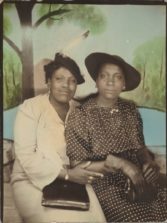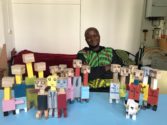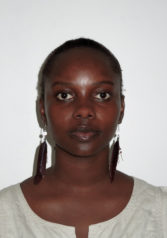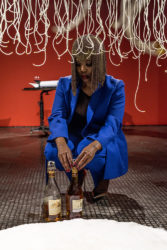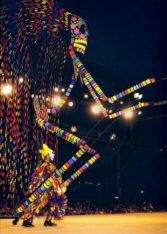
After the 1958 race riots, there was an effort to heal the rift between the black and white communities. From that intention, those immigrants from Trinidad, St Lucia, Jamaica and other countries established the Carnival, bringing through the influences and flair from back home. The first Carnival was held on 30th January 1959 in St Pancras Town Hall under the organisation of political activist Claudia Jones. Jones founded The West Indian Gazette, the UK’s first black newspaper, and the carnival was televised by the BBC in an aid to build bridges in Britain.

